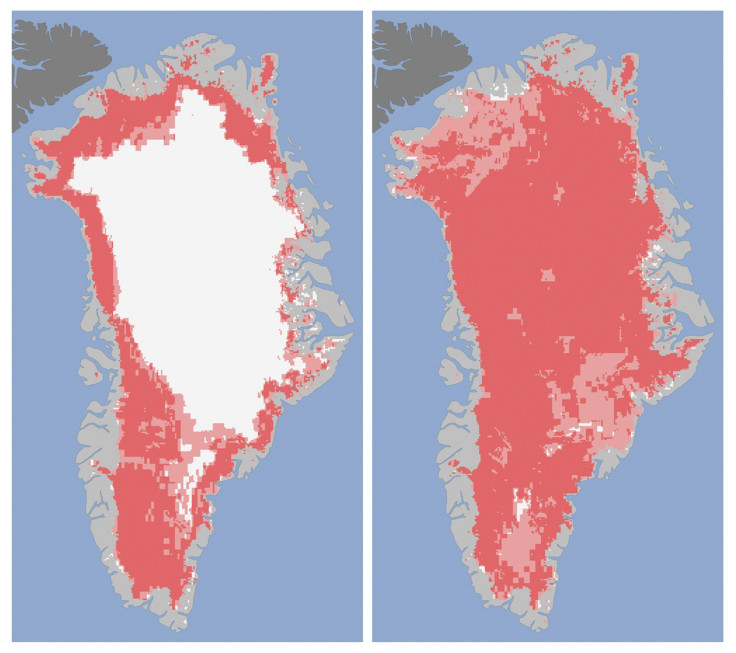If the Globe Doesn't Stop Climate Change, 100 Million People Could Die

More than 100 million people will die from climate change and carbon emissions, a dire report by humanitarian organization DARA says. The toll on the environment could cost global governments an immense 3.2 percent of their gross domestic product (GDP) if the world fails to tackle climate change. The report was compiled by 20 governments.
The grim report says that, currently, 400,000 people die each year from diseases related to climate change, like hunger or preventable communicable diseases. An additional estimated 4.5 million deaths occur because of issues pertaining to carbon energy, such as cancer, air pollution and dangerous jobs. Those deaths, and the environmental effects causing those deaths, also affect governments and the global economy, costing roughly $1.2 trillion or nearly 2 percent of GDP. If climate change and carbon emissions are not reined in, the report says that 6 million people could die every year by 2030, and that the economy could lose trillions of dollars annually.
Most of these deaths do and will occur in low-income countries, which are already feeling the effects of climate change and carbon emissions. But the future that the report predicts says that no countries will escape unscathed; according to the report, "250 million people face the pressures of sea-level rise; 30 million people are affected by more extreme weather, especially flooding; 25 million people are affected by permafrost thawing; and 5 million people are pressured by desertification...they [climate change and the carbon-based economy] can also fuel violence and an erosion of the social and economic fabric of communities."
Two years ago, almost 200 nations agreed to limit the global average temperature rise to below 2° Celsius, or 3.6 degrees Fahrenheit. But, with the world already 0.8 degrees Celsius warmer than it was during pre-industrial times, it seems that global leaders are running out of time to reach those goals. Greenhouse gas emissions are also rising with the dependence on fossil fuels.
Part of the slow reaction seems to be due to environmental limits. As the report itself somewhat glibly points out, "The oceans can hardly be refrigerated against marine stresses. Desert encroachment can be prevented but rarely reversed, and if so, generally at great expense. It might be possible to protect a beach, but concrete polders could well be to the detriment of an area's authentic charm and so to the value of properties."
Financial costs are also burdensome, though the report points out that the investment would be less expensive than the potential financial ruin that could occur if climate change and carbon emissions are left unharnessed. British economist Nicholas Stern said earlier this year that an investment equivalent to 2 percent of GDP would be necessary in order to stem the tide of these possibly devastating environmental disasters.
Though the brunt of the devastation would affect low-income countries, the United States and China would face a 2.1 drop in their respective GDPs. India's reduction in GDP could amount to 5 percent.
The report can be found in full here.
Published by Medicaldaily.com



























